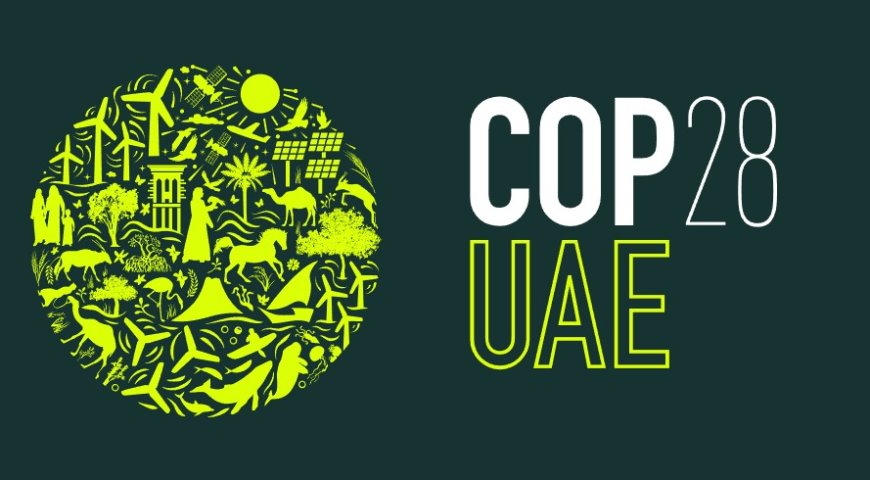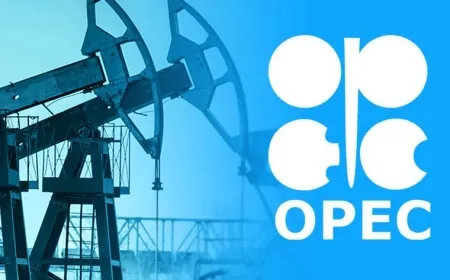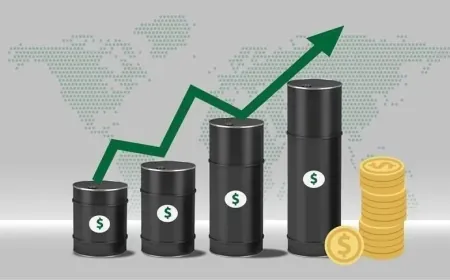Major Global Traders Take a Stand Against Harmful Soy Purchases, Aiding Conservation in South American Grasslands
Major companies pledge to protect South American nature by avoiding harmful soy purchases. A significant step in environmental commitment at COP28.

Eight prominent commodities traders, which include industry giants like Archer Daniels Midland, Bunge, Cargill, and Louis Dreyfus Company, commit to discontinuing the purchase of soy from farms that contribute to the degradation of South American grasslands. This commitment, disclosed by a sector group during the COP28 climate summit, builds upon previous assurances to avoid supporting growers involved in forest clearance.
This initiative holds the potential to fortify conservation efforts for Brazil's Cerrado, recognized as the world's most biodiverse savanna, where over fifty percent has already been converted for agricultural use. Agriculture, forestry, and land use collectively account for more than a fifth of the emissions responsible for global warming.
These companies jointly agree that by the end of this decade, they will cease sourcing soy from farms that destroy any non-forest natural vegetation in crucial regions like the Amazon rainforest, Chaco dry woodlands, or the Cerrado, as articulated by Petra Tanos from the Tropical Forest Alliance.
This renewed commitment supplements the industry's collective promise from the preceding year to eradicate deforestation entirely by 2025.
Tanos underscores the significance of this move, particularly for the Cerrado, Brazil's fastest-expanding agricultural frontier, which includes vast expanses of grasslands. In 2023, Cerrado destruction reached its highest point in an eight-year span.
The Tropical Forest Alliance, an initiative established by the World Economic Forum aimed at collaborating with commodities firms on environmental goals, plays a crucial role in facilitating this commitment.
Beyond the United States, the largest soy-exporting nations are situated in South America, where natural vegetation is frequently cleared to make way for agricultural activities.
As the world anticipates the United Nations COP28 climate change summit in Dubai, some companies have gone a step further by announcing more aggressive commitments. Cargill, for instance, declared its intention to eliminate deforestation and land conversion from its supply chains in Brazil, Argentina, and Uruguay by 2025. Archer Daniels Midland has committed to terminating land conversion among its direct suppliers by 2025 and indirect suppliers by 2027, especially in environmentally sensitive South American biomes.
However, the industry faces scrutiny due to a track record of falling short on past commitments. In 2010, hundreds of consumer brands pledged to achieve "net zero" deforestation by 2020, a goal that went unmet.
Also Read: India Expected to Extend Restrictions on Rice Exports, Affecting Global Prices































































